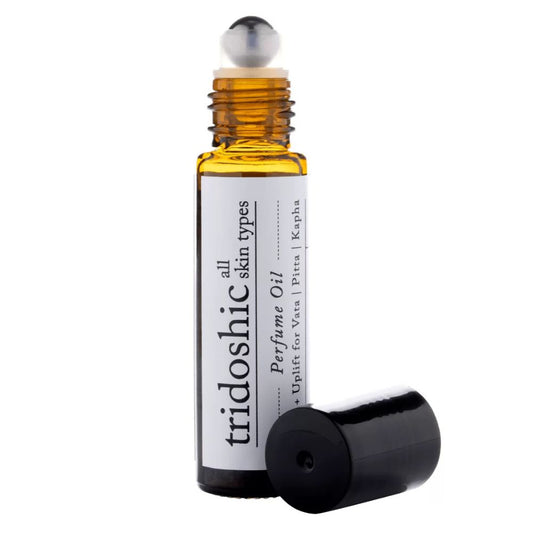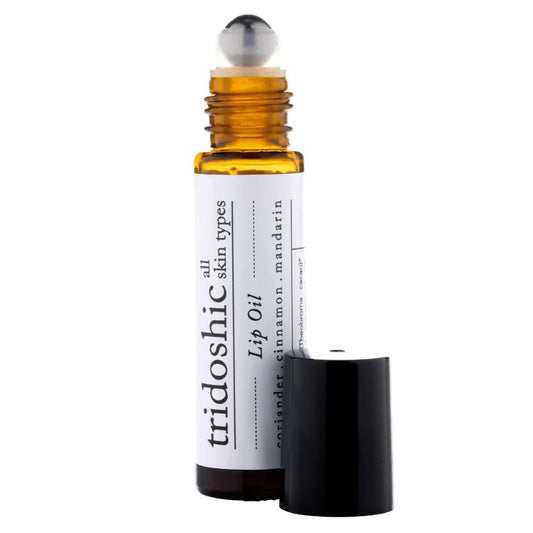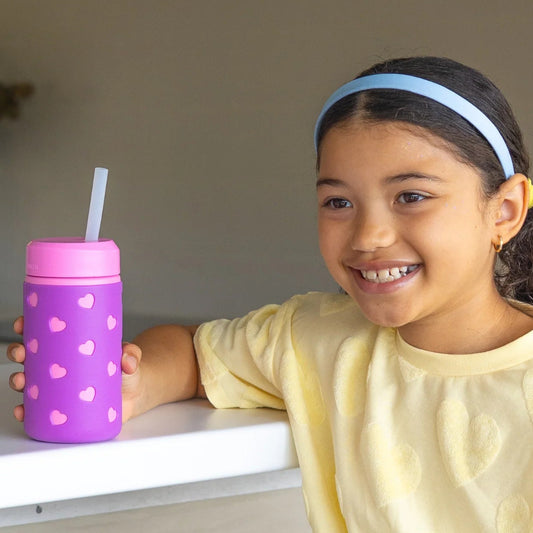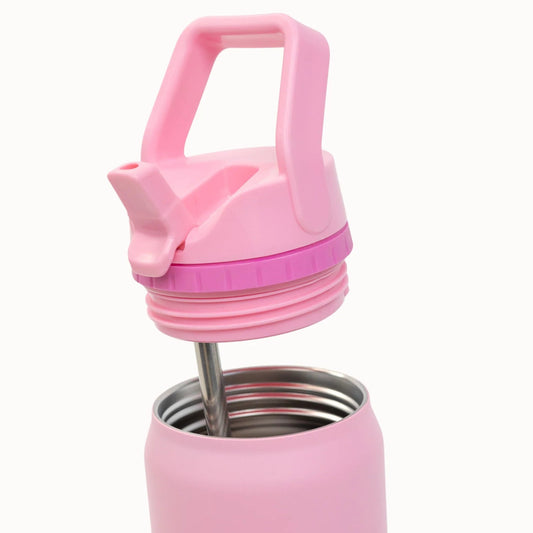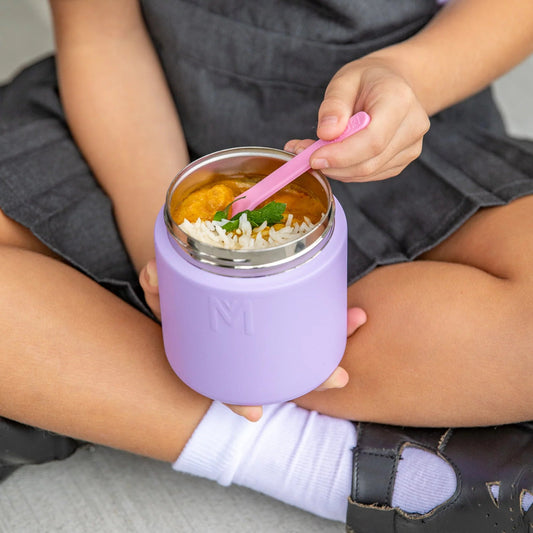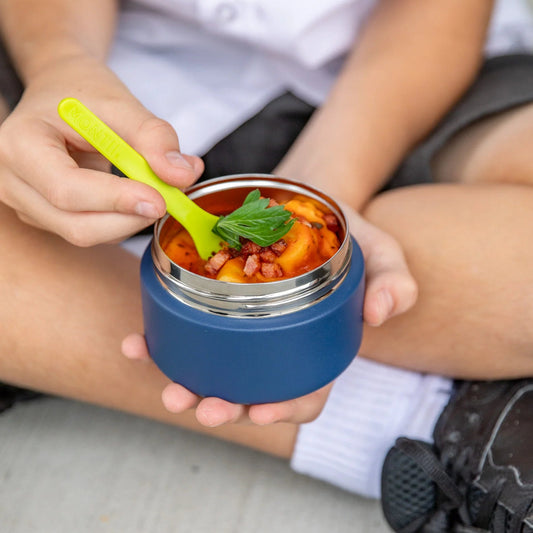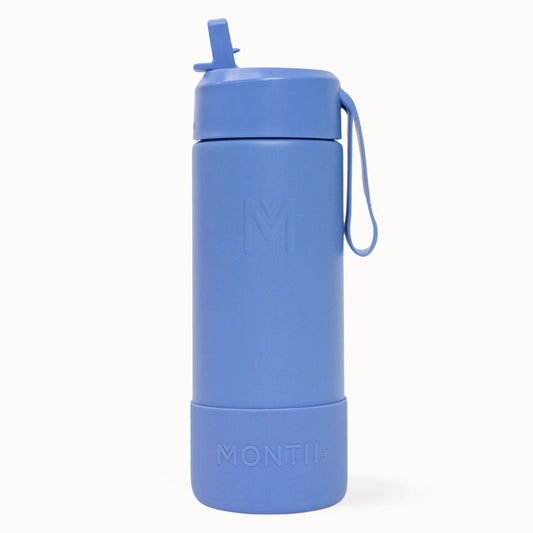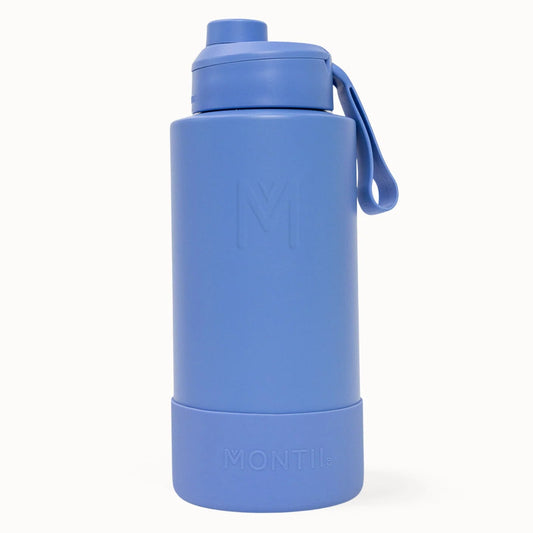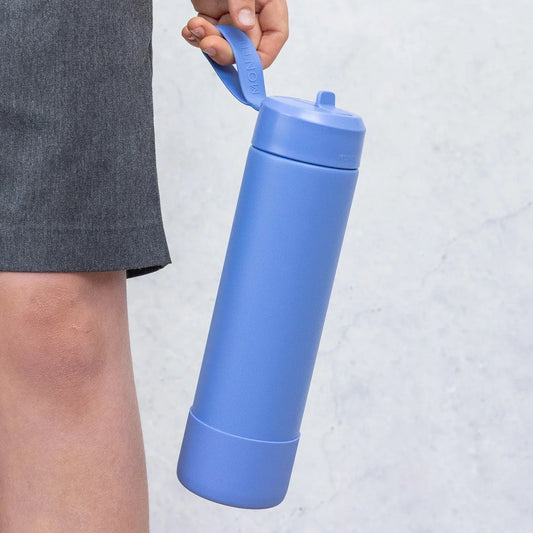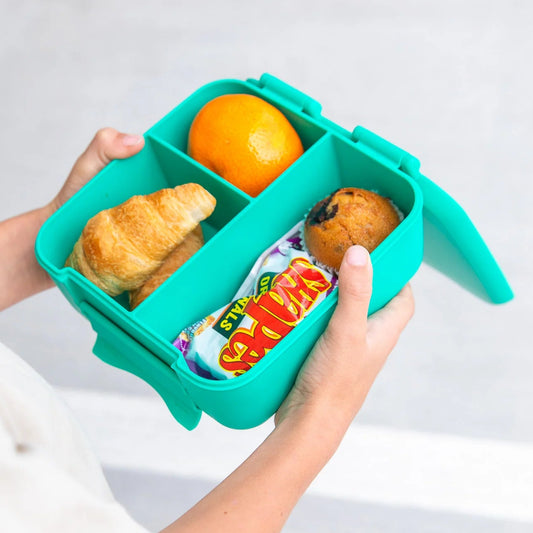Beekeeper Parade is a social enterprise founded by Koky Saly with a mission to create products that change the world. Using textile waste destined for landfill, Koky and his team create vegan bags that help build schools in rural Cambodia. Here's the story of how a promise between a brother and sister has changed thousands of children's lives.
 Koky was born in a prison during Cambodia's civil war in the 1970s. His mum was pregnant when it broke out and was imprisoned. The first three years of Koky's life were spent behind bars with his mum where she was subjected to cruel mistreatment. After the war ended Koky and his mum escaped prison, found his father and other siblings, and walked for three days and nights to the border of Thailand where they were smuggled across.
Koky was born in a prison during Cambodia's civil war in the 1970s. His mum was pregnant when it broke out and was imprisoned. The first three years of Koky's life were spent behind bars with his mum where she was subjected to cruel mistreatment. After the war ended Koky and his mum escaped prison, found his father and other siblings, and walked for three days and nights to the border of Thailand where they were smuggled across.
“When I tell my story people often say I'm lucky I survived. As I've grown older and thought about it, it seems to me luck had nothing to do with it. People's kindness and courage are what allowed us to survive. A prison guard gave my mum extra food; doctors and nurses helped my family when they arrived in Thailand, and a French doctor called embassies around the world to find one that would take us in,” recalled Koky.After living in Australia for most of his life, Koky felt it was time to go back to Cambodia to help rebuild his country. Benefiting from learning English in Australia, Koky felt education was the way he could help. “My dad organised the trip for me and told me he had found a village that was willing to give me some land under the proviso I build them a school,” said Koky. Koky and his sister, Sophia Saly, raised $50,000 and travelled back to Cambodia to live for two and a half months to build the school. Word spread quickly and after completing the build Koky was approached by another village requesting a school. In 2007, Koky and Sophia created not-for-profit organisation, BabyTree Projects, to help build schools to bring quality education to children living in rural Cambodia. To date, BabyTree Projects has funded the development of five schools, giving Cambodian children vital access to quality education.
“When I ask the children what they want to be when they grow up, their answers are in no way diminished by their circumstance. The one thing they all ask is for an opportunity, a chance. Baby Tree Projects gives these children the chance to pursue their dreams,” says Koky.
 Koky and Sophia shared the dream of creating a social enterprise to fund BabyTree schools and protect the world's environment, but sadly in 2012 Sophia passed away after an 18-month battle with cancer. In her will, Sophia left Koky her car with instructions to sell it and use the money to create a business that would inspire change and help support the continued work of BabyTree Projects.
Koky and Sophia shared the dream of creating a social enterprise to fund BabyTree schools and protect the world's environment, but sadly in 2012 Sophia passed away after an 18-month battle with cancer. In her will, Sophia left Koky her car with instructions to sell it and use the money to create a business that would inspire change and help support the continued work of BabyTree Projects.
“I struggled to deal with Sophia's death. I was suicidal and wanted to leave this world too. But I decided not to. I had made my sister a promise, a single promise that I had to keep,” he recalls.Koky spent the next three years developing Beekeeper Parade, a purpose-for-profit business that transforms textile waste destined for landfill into stylish and durable backpacks, wallets, bumbags and totes. Each bag is wonderfully eco-friendly and unique – the ultra-limited-edition item. Koky said Cambodia receives a lot of the third world's rubbish, especially used clothes which end up in landfill or shipping containers. Koky has dedicated his life to his sister's promise. Every purchase of a Beekeeper Parade bag not only reduces landfill waste but supports the continued work of BabyTree Projects. Over the past seven years, Beekeeper Parade has upcycled more than 14 tonnes of remnant fabric and has funded over 3000 places for children to study English in Cambodia.
"The more we make, the more kids we help and the fewer clothes there are in landfill. My sister's dream is still very much alive," says Koky.
 Each Beekeeper Parade product is ethically handmade in house at Beekeeper Parade's Production Imaginarium in Phnom Penh, Cambodia. The team of 14 is currently small, but as the business grows, there will continue to be more employment opportunities for skilled locals including people with disabilities. Koky's story spreads positivity, gratitude, and inspiration that we can all do something to help those less fortunate.
Each Beekeeper Parade product is ethically handmade in house at Beekeeper Parade's Production Imaginarium in Phnom Penh, Cambodia. The team of 14 is currently small, but as the business grows, there will continue to be more employment opportunities for skilled locals including people with disabilities. Koky's story spreads positivity, gratitude, and inspiration that we can all do something to help those less fortunate.




